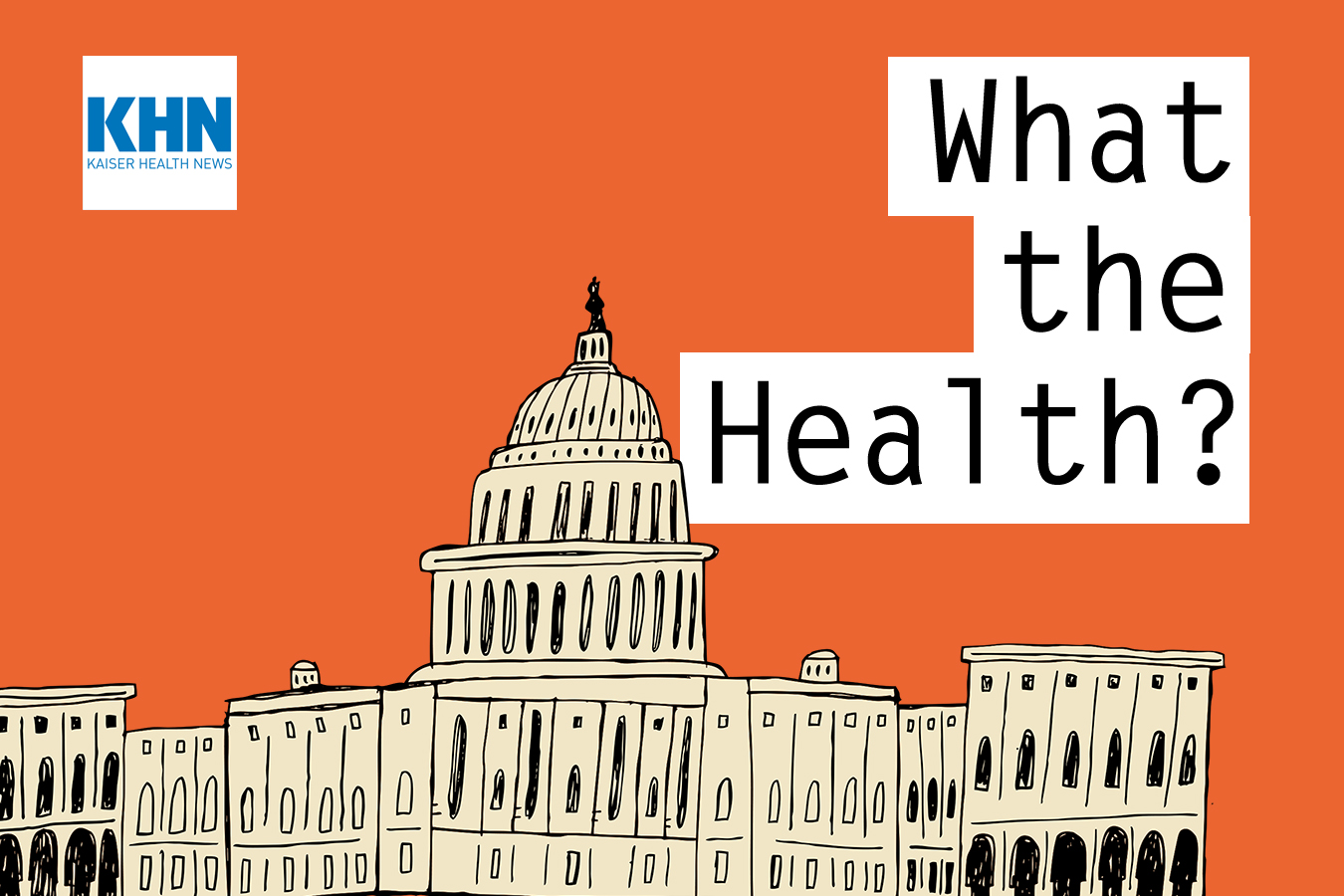
Can’t see the audio player? Click here to listen on SoundCloud.
Nearly a year into the pandemic, many public schools are still closed to in-person instruction. But while there is increasing evidence that schools are not a major source of infection, teachers and staffers remain concerned about going back to class before they are vaccinated.
Meanwhile, people who have lost their health insurance will have another chance to sign up under the Affordable Care Act starting Feb. 15. The official enrollment period ended in December. This time, the Biden administration is planning a major outreach effort to inform millions of Americans that they may be eligible for free or low-cost coverage.
This week’s panelists are Julie Rovner of Kaiser Health News, Margot Sanger-Katz of The New York Times, Alice Miranda Ollstein of Politico and Anna Edney of Bloomberg News.
Among the takeaways from this week’s podcast:
- White House press secretary Jen Psaki on Wednesday appeared to slightly walk back comments by Dr. Rochelle Walensky, the head of the Centers for Disease Control and Prevention, about reopening schools. At a press briefing earlier in the day, Walensky said teachers do not necessarily need to be vaccinated for schools to reopen. Questioned about that later in the day, Psaki said the CDC still needs to put out official guidance on the issue. She added that President Joe Biden wants to prioritize the vaccination of teachers.
- Many schools around the country are conducting in-person classes successfully, despite the pandemic. About 40% are open and, while many public health officials are in favor of keeping schools open, they acknowledge that the coronavirus variants being discovered will need to be watched closely to make sure they don’t pose a threat to children and adults in schools.
- The White House coronavirus czar, Jeffrey Zients, was called upon by the Obama administration to help rescue the Affordable Care marketplace website when it crashed. But getting the entire country vaccinated is a much different — and bigger — task.
- The scarcity of covid vaccine is creating national frustration, disparities and unique schemes to jump ahead in line. The system is improving slowly, with a small increase in vaccine production and better systems for sign-ups.
- The increasing threat of variant forms of the coronavirus may cause official guidance to change as public health officials get a better understanding of them. But changes in formal recommendations in the past have led to confusion. Too often consumers don’t understand that knowledge about the virus is evolving and that public health advice will, too.
- The Supreme Court has scheduled oral arguments on the Medicaid work rules case for the end of March. So, if the Biden administration wants to moot the case by making changes to those programs or getting rid of the work requirements, it will need to move quickly.
Also this week, Rovner interviews KHN’s Cara Anthony, who wrote the latest KHN-NPR “Bill of the Month” feature — about a couple and their newborn and a very arcane insurance rule. If you have an outrageous medical bill you’d like to share with us, you can do that here.
Plus, for extra credit, the panelists recommend their favorite health policy stories of the week they think you should read, too:
Julie Rovner: The Lily’s “The Latest Pandemic Work for Women? Snagging Vaccine Appointments for Their Parents,” by Soo Youn
Anna Edney: Stat’s “Trump Officials Actively Lobbied to Deny States Money for Vaccine Rollout Last Fall,” by Nicholas Florko
Alice Miranda Ollstein: The New York Times’ “9 Top N.Y. Health Officials Have Quit as Cuomo Scorns Expertise,” by J. David Goodman, Joseph Goldstein and Jesse McKinley
Margot Sanger-Katz: The New York Times’ “How Rich Hospitals Profit From Patients in Car Crashes,” by Sarah Kliff and Jessica Silver-Greenberg
To hear all our podcasts, click here.
And subscribe to What the Health? on iTunes, Stitcher, Google Play, Spotify, or Pocket Casts.
"What" - Google News
February 05, 2021 at 02:05AM
https://ift.tt/39PsKGS
KHN’s ‘What the Health?’: Covid and Kids - Kaiser Health News
"What" - Google News
https://ift.tt/3aVokM1
https://ift.tt/2Wij67R
Bagikan Berita Ini














0 Response to "KHN’s ‘What the Health?’: Covid and Kids - Kaiser Health News"
Post a Comment